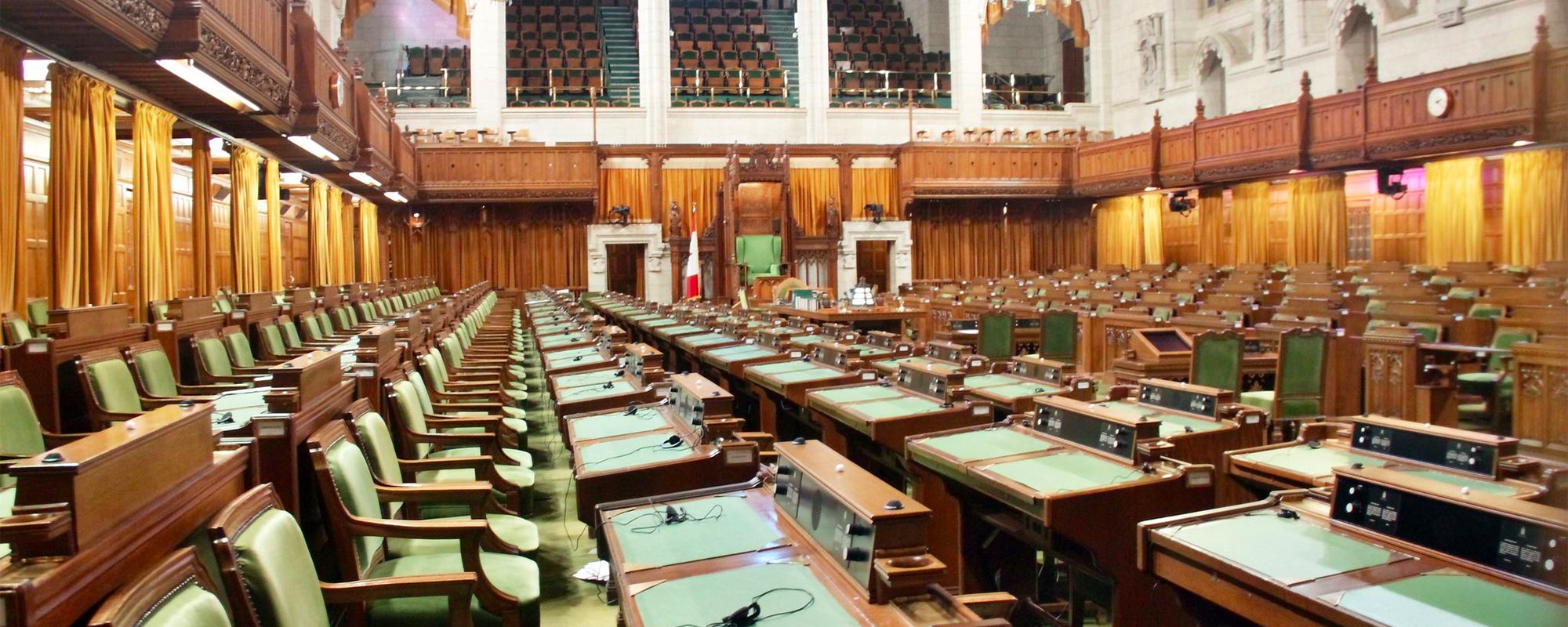May 27, 2020
“Legal powers by themselves are false hopes in times of public crisis.”
-Hon. Archie Campbell, SARS Commission, 2007.
There are two kinds of emergency management legislation: those legislated after a crisis is over, and those legislated in the midst of the crisis itself. The feds did the former after the 1970 October Crisis. BC was in the midst of updating its 1993 legislation pre-COVID, and Ontario too updated their emergency laws, several times after SARS, between 2006 and 2019.
We are witnessing, today, in Canada, the other kind. Alberta and Manitoba did so last month, then Newfoundland, and now Prince Edward Island has put its own emergency management bill online.
The problem with legislating during a crisis, when that legislation involves creating new government powers, is that it all ends up being like the notorious US Patriot Act. In other words, it’s always bad news for your human rights. Governments hoover up new powers to infringe individual rights in the name of the crisis; the vulnerable always pay the greatest toll, and history records nothing but regret. Equality, free speech, due process, and liberty all take a backseat to the collective will to fend off a magnified enemy, whether human or viral. It’s like changing the rules in the middle of the playoffs – it’s never a good idea.
This is for a couple reasons, but the obvious one is that governments drafting such a bill do so with woefully inadequate information, and under enormous personal and political pressure. They are literally in the eye of the storm, and that obviously affects everything about the legislation. The information turns out to be incomplete and incorrect. If Ontario had written a new law in March, for example, surgical masks would have been forbidden for all but health care workers. Toilet paper would have been rationed, by law. Today, it’s all different, so the government was smart not to change its laws.
Besides the information deficit, there is a wisdom deficit. Laws are drafted by human beings, after all, who are extremely anxious about the crisis they are trying to manage, as democratic governors. It’s called the “fog of war,” a term coined by Robert McNamara, as a self-criticism of what he and two Presidents did in mismanaging the Vietnam war.
Wisdom requires time and perspective; serenity and patience; intelligence and debate. The fog of war envelopes legislators with dread and uncertainty. Legislation, on the other hand, requires certainty. If it’s foggy or vague, then it is bad law, susceptible to judicial review by public interest organizations like ours, the Canadian Civil Liberties Association. Knowing that, governments write laws with watertight certainty, even though they’re based on foggy facts.
Then the government bills go to the legislature, where they are supposed to be improved by democratic debate, dissent, and intense scrutiny. Now, what do you think happens to such debate during an emergency? Imagine you’re in your kitchen, with family and friends, debating what to do about the smoky scent that is everywhere but not coming out of the oven. How healthy is that debate?
That kind of thinking gets homo sapiens away from danger. But it does not make for good law-making. As it turns out, I was an Ontario MPP and Cabinet Minister in 2006 when the Liberal Government followed the recommendations of Archie Campbell’s SARS Commission. It had been called by Premier Ernie Eves in 2003 after Ontario got through SARS without any explicit emergency legal powers. So Ontario later updated those laws into the state they are today – still imperfect, lacking the ability to foresee what’s needed for COVID, but having learned the lessons of the past. The debate was not rushed, and included amendments proposed by the NDP and Conservatives. The point being that it wasn’t done during the fog of a crisis, but with the fortuitous luxury of time to think it through, debate and amend the laws as best one could.
The chances of healthy democratic debate during a crisis is practically nil – particularly today where legislatures have a fraction of its members sitting, in order to create a healthy physical distance among the elected officials. To dissent or, god forbid, delay passage of such a bill feels treasonous. Better for governments to govern with the powers they had at the start of a crisis, than to re-engineer emergency management laws in the fog. Otherwise, the law is driven more by fear than facts, and history proves it to be nothing less than a power grab by politicians hungry for more power to do good, when in fact legal powers are nothing but false hope, in a time of public crisis.
By Michael Bryant, the Executive Director of the Canadian Civil Liberties Association, and the 35th Attorney General of Ontario.
About the Canadian Civil Liberties Association
The CCLA is an independent, non-profit organization with supporters from across the country. Founded in 1964, the CCLA is a national human rights organization committed to defending the rights, dignity, safety, and freedoms of all people in Canada.
For the Media
For further comments, please contact us at media@ccla.org.





